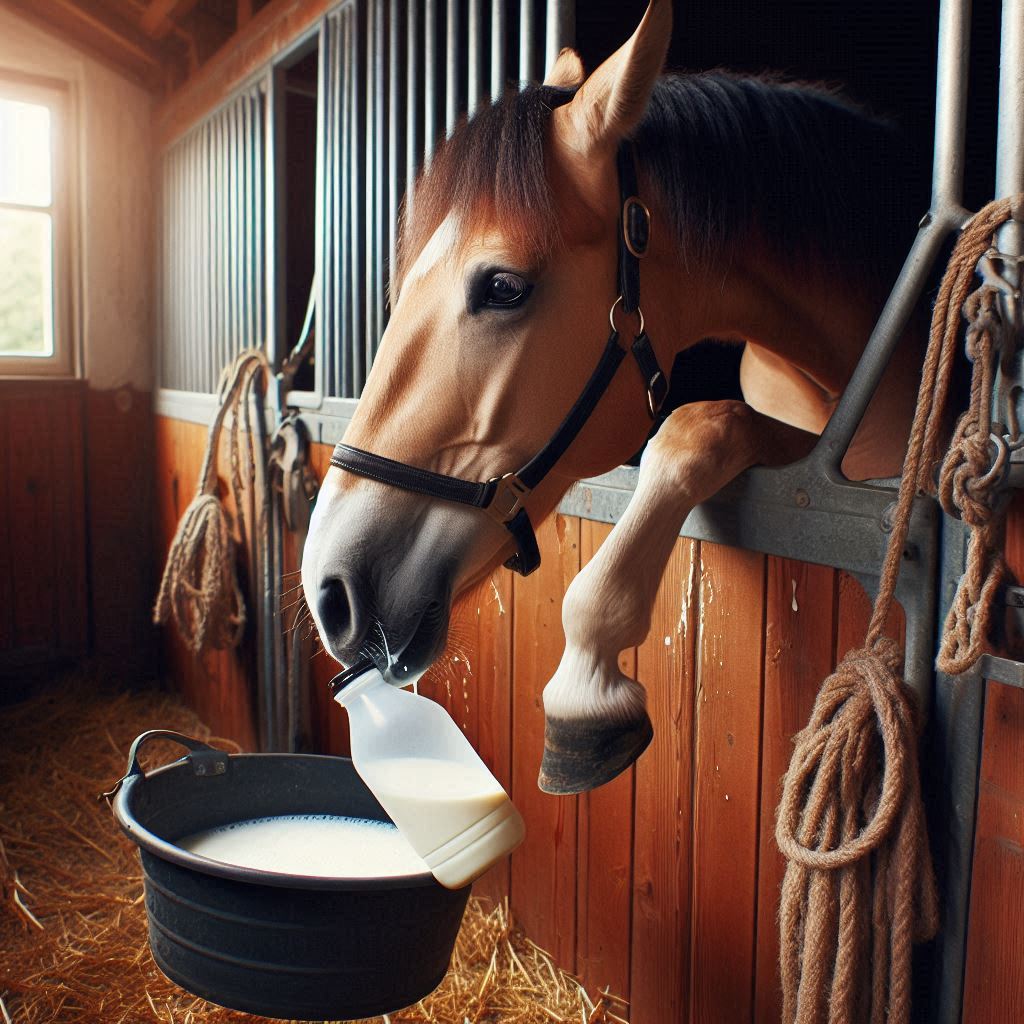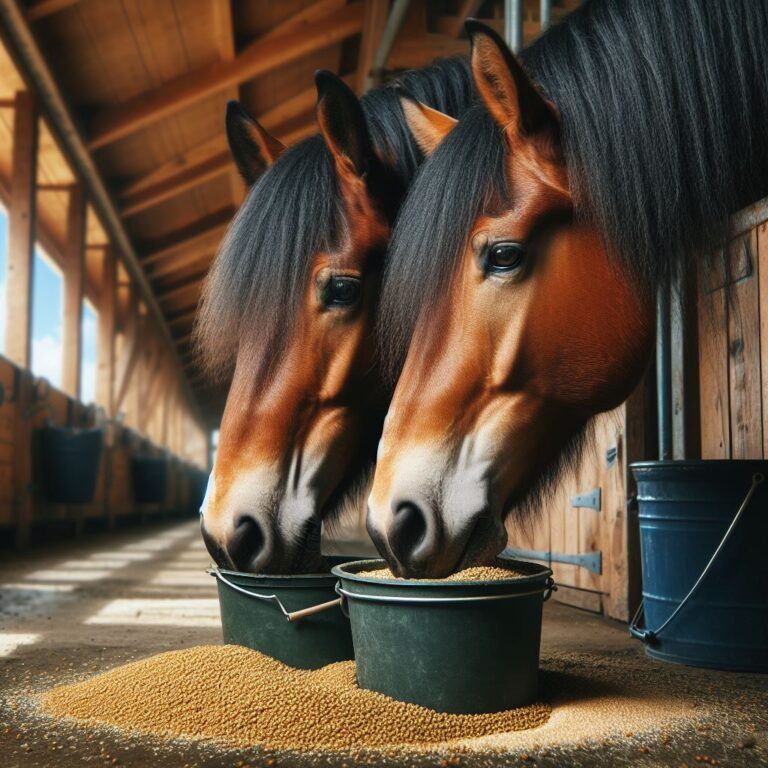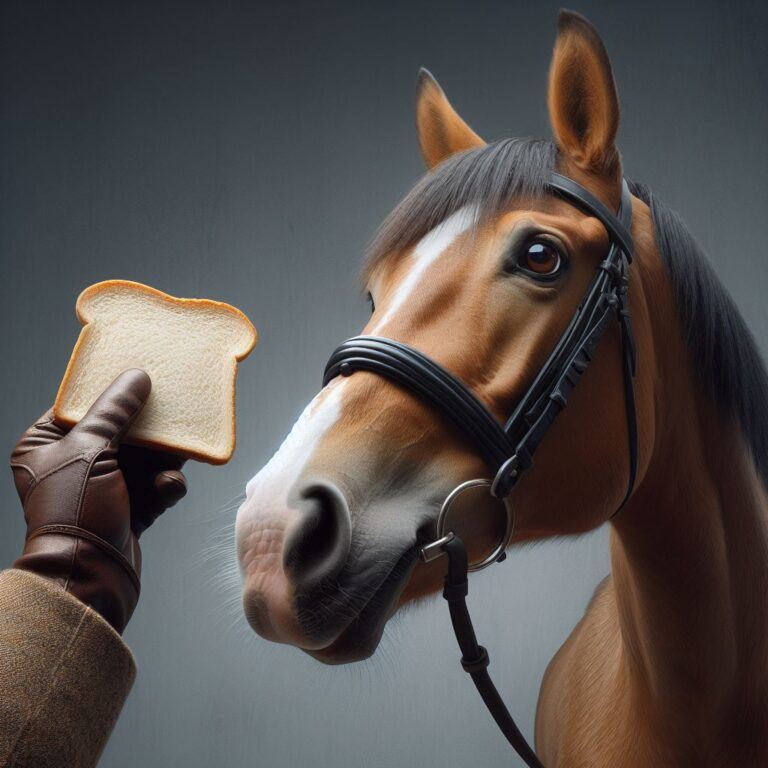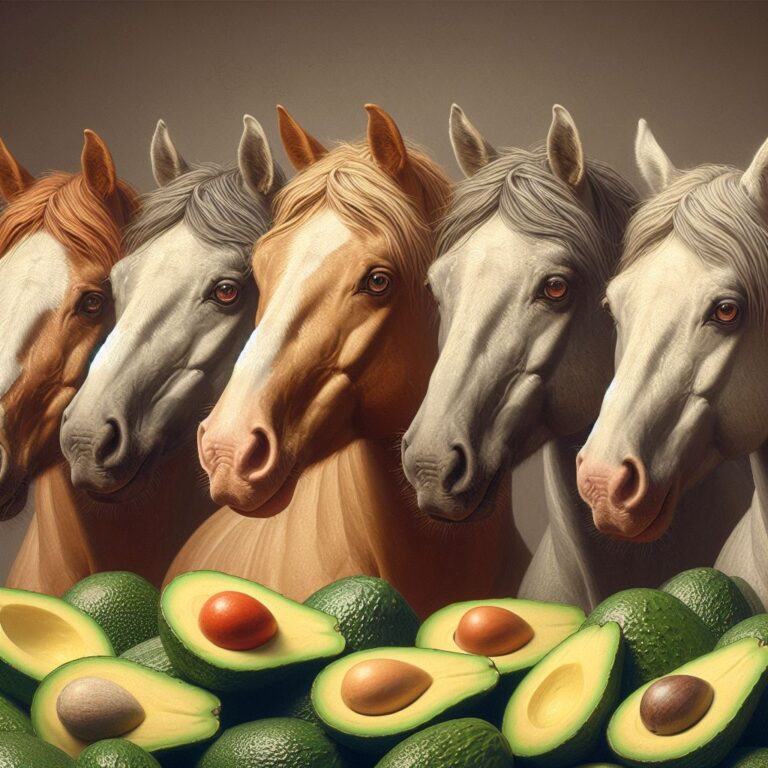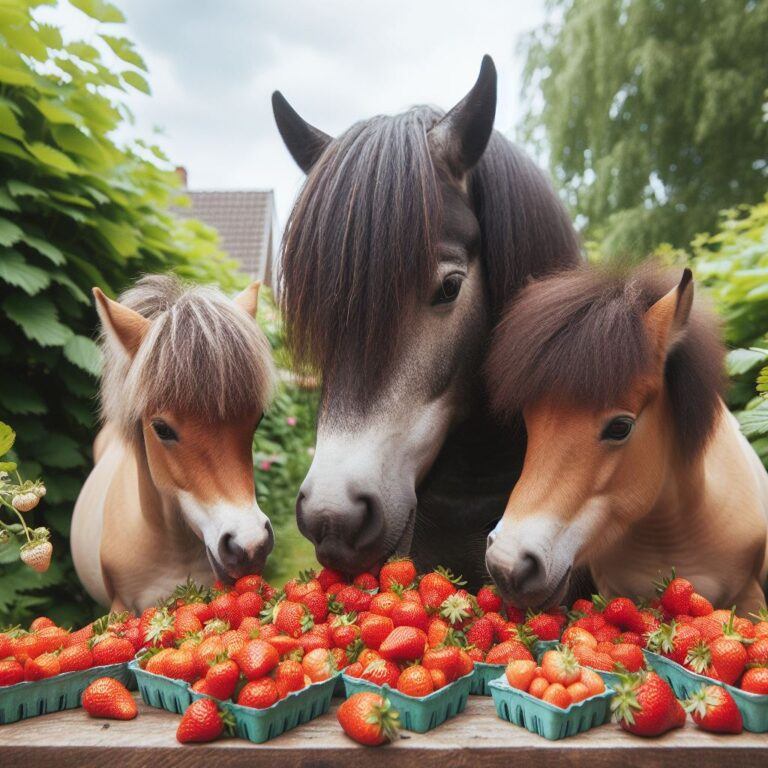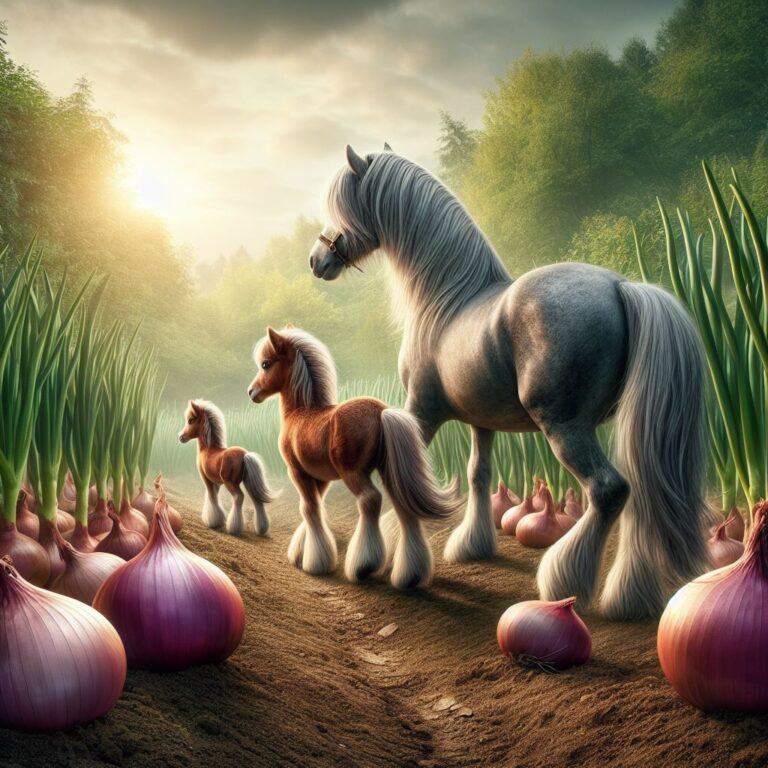Can Horses Safely Eat Milk
Horses, by nature, are not equipped to handle lactose, the sugar found in milk, beyond their foal years. As horses mature, they typically become lactose intolerant, meaning that consuming milk can lead to digestive upset. While a horse may not instantly fall ill from a small sip of milk, I certainly wouldn’t recommend it as part of their diet.
Horse nutrition experts often stress that adult horses lack significant amounts of lactase, the enzyme required to break down lactose.
Without lactase, lactose goes undigested, fermenting in the hindgut and potentially causing diarrhea and discomfort.
The potential risks associated with feeding milk to horses include colic, one of the most serious health threats to our horses.
Colic refers to abdominal pain that arises from digestive disturbances, and a diet inappropriate for a horse’s digestive system heightens this risk.
Apart from lactose intolerance, milk contains fats and proteins in ratios unfamiliar to a horse’s digestive system.
It’s crucial to understand that horses are not designed to digest high-fat or high-protein feed, which can lead to additional health issues beyond gastrointestinal upset.
There have been some studies that I have read exploring alternative ways to provide milk-based nutrition to horses, such as using mare’s milk, which has different properties than cow’s milk.
However, these are not widespread practices and require close consultation with a veterinarian.
Understanding a Horse Diet of Forage, Fiber, and Fats
I can’t stress enough how vital it is to align a horse’s diet with its natural eating habits. Unlike humans, horses thrive on a high-fiber diet, primarily consisting of fresh grasses, hay, and certain shrubs. It’s the roughage that keeps their digestive systems in peak condition.
The significance of fiber in a horse’s diet goes beyond mere nutrition. It plays a critical role in digestive health, providing the bulk needed to stimulate the gut and promote a steady flow of digestion.
Horses need long periods of foraging to satisfy their dietary needs and maintain their large digestive tracts in good working order.
While fats are necessary for horse diets, they should be provided in moderation. Horses naturally get the fats they need from their diet of forage.
However, for certain performance demands or dietary deficiencies, oils like flaxseed can be added cautiously to provide the required calories and omega-3 fatty acids.
Nutritional balance is KEY. Horses need a mix of vitamins and minerals which can be found in proper portions of high-quality fresh hay, commercial feeds specifically formulated for horses, and supplements if prescribed by a veterinarian.
Vitamin A, potassium, calcium, and sodium chloride are especially crucial for maintaining their health.
Every horse is unique, and their diet should reflect that. Their age, breed, activity level, and health status should all be factors when planning their meals.
It’s ALWAYS best to consult with a horse nutritionist or a vet to create a diet that supports a horse’s individual health requirements.
The Dos and Don’ts of Feeding Our Horses
I’ve always believed that caring for horses is as much about understanding what NOT to feed them as it is about offering the right nutrients.
Armed with the knowledge of a horse’s digestive system and its needs, we can make informed choices to ensure their well-being.
Let’s start with the safe list: Fruits like apples and carrots are favorites among horses and are perfectly safe in moderation.
However, caution is critical. Foods high in starch, like potatoes, can cause digestive upset and should be avoided. Similarly, avoid giving your horse anything with caffeine or chocolate, which can be toxic.
Onions, garlic, and anything from the allium family are also way off-limits, they can lead to anemia or even worse in high quantities, death.
Treating a horse isn’t just a matter of handing out snacks, it’s about RESPONSIBILITY. Always introduce new foods gradually and in small amounts.
Keep a close watch for any adverse reactions when feeding something out of the usual forage and grain diet.
Consult your veterinarian for advice tailored to your horse’s specific needs, age, and health conditions.
Remember, a balanced diet is the cornerstone of horse health. Stick to high-quality fresh hay, fresh water, and specially formulated horse grain.
Treats should always be just that—treats. Given in small quantities and not as a substitute for a proper meal. THAT’S THE KEY to a happy and healthy horse in my opinion!

